Dear Watson, Where Are You Now?
Dear Watson, Where Are You Now?
You're fresh out of college. You've got a full year to explore whatever interests you most, anywhere in the world, with a generous stipend to cover expenses. Where will you go and what will you do?

The Thomas J. Watson Foundation offers “college graduates of unusual promise the freedom to engage in a year of independent study and travel abroad following their graduation,” soliciting nominees from a shortlist of 40 liberal arts colleges. Twenty-seven Vassar grads have become Watson fellows, studying everything from addiction to klezmer music to Vietnamese fairytales and traveling to every continent but Antarctica.
“It's unlike any other fellowship,” says Lisa Kooperman, Director of Vassar's Fellowships Office. “You can do anything you want, whatever you're passionate about. It doesn't need to be connected to your academic or career path. Virtually the only requirement is that it's international.”
And you can't go home for a year.
This year marks the Watson's 50th anniversary. To honor that milestone, we invited several fellows to reflect on their “Watson years” and where their paths led.
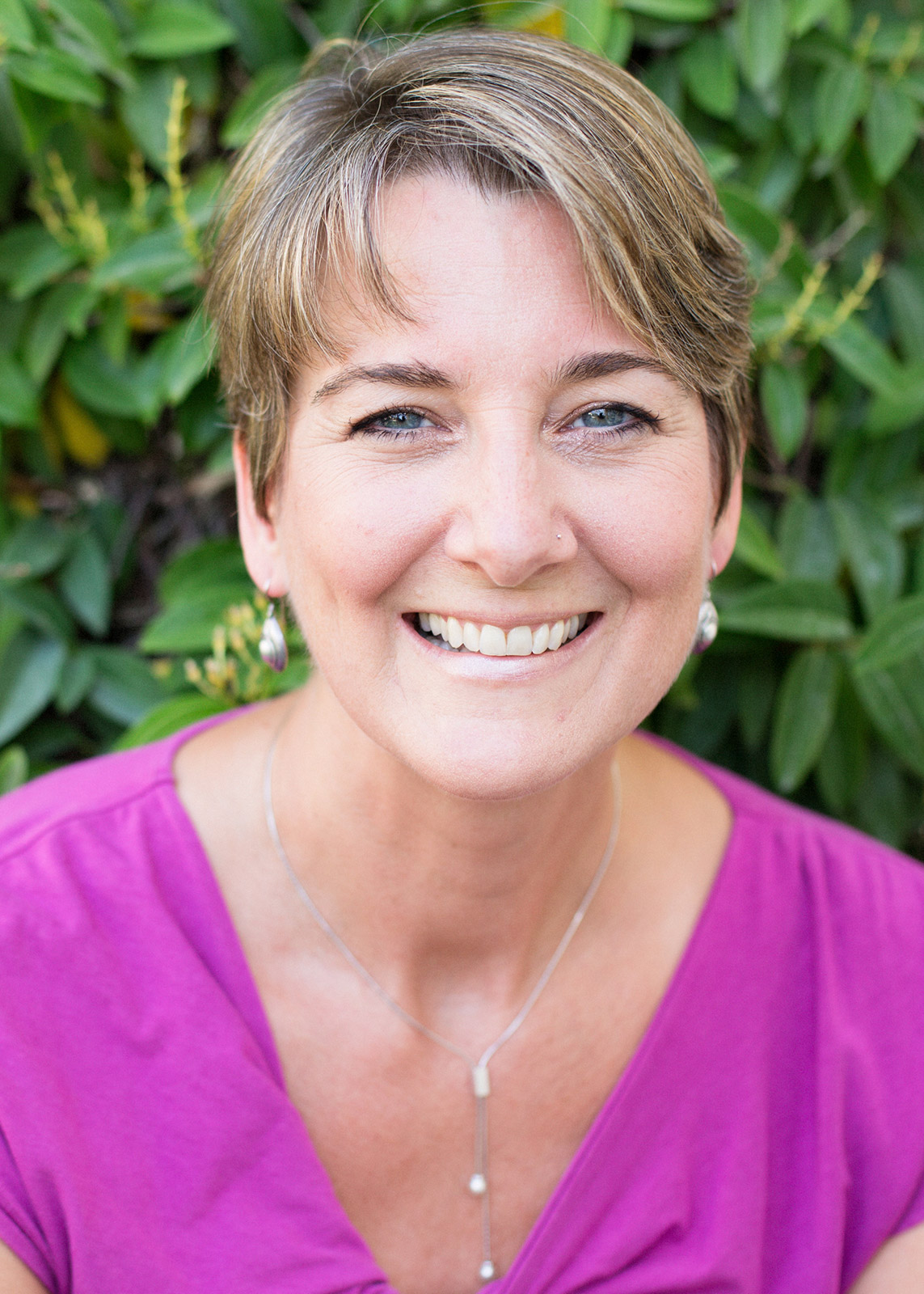
Vassar’s first Watson fellow, Amy Vogelaar ’92, studied “Women-Centered Childbirth and Health Care” in Europe, Mexico, and Central America. The experience was literally life changing. “I had never left America before I set off on my Watson trip, and have never stopped traveling or living abroad since,” she says. Awestruck by working with Dutch midwives, she learned even more from surviving rough patches. One dark night in Sweden, “my project fell apart, my boyfriend dumped me, and I felt more alone in the world than I ever thought possible,” she recalls. “I called my mother in New Jersey and told her I was getting the next flight home.”
Instead, she kept moving. “I made friends and saw the world, and learned that the universe will send you exactly what and who you need when you need them. This changed my entire approach to travel and to life in general: go with the flow, make the best of a bad situation, and look for a friend, because they will be there if you need them.”
This newfound flexibility served her well in remote places. “If I wanted to contact a rural midwife in Guatemala I had to get on a ‘chicken bus’ and travel hours to see her, often only to discover that she had just left on another bus.”
Vogelaar trained as a midwife, working in Bahrain and Oman. After moving to Dubai with her family, she co-founded Love Parenting UAE, a small business providing support to childbearing women.
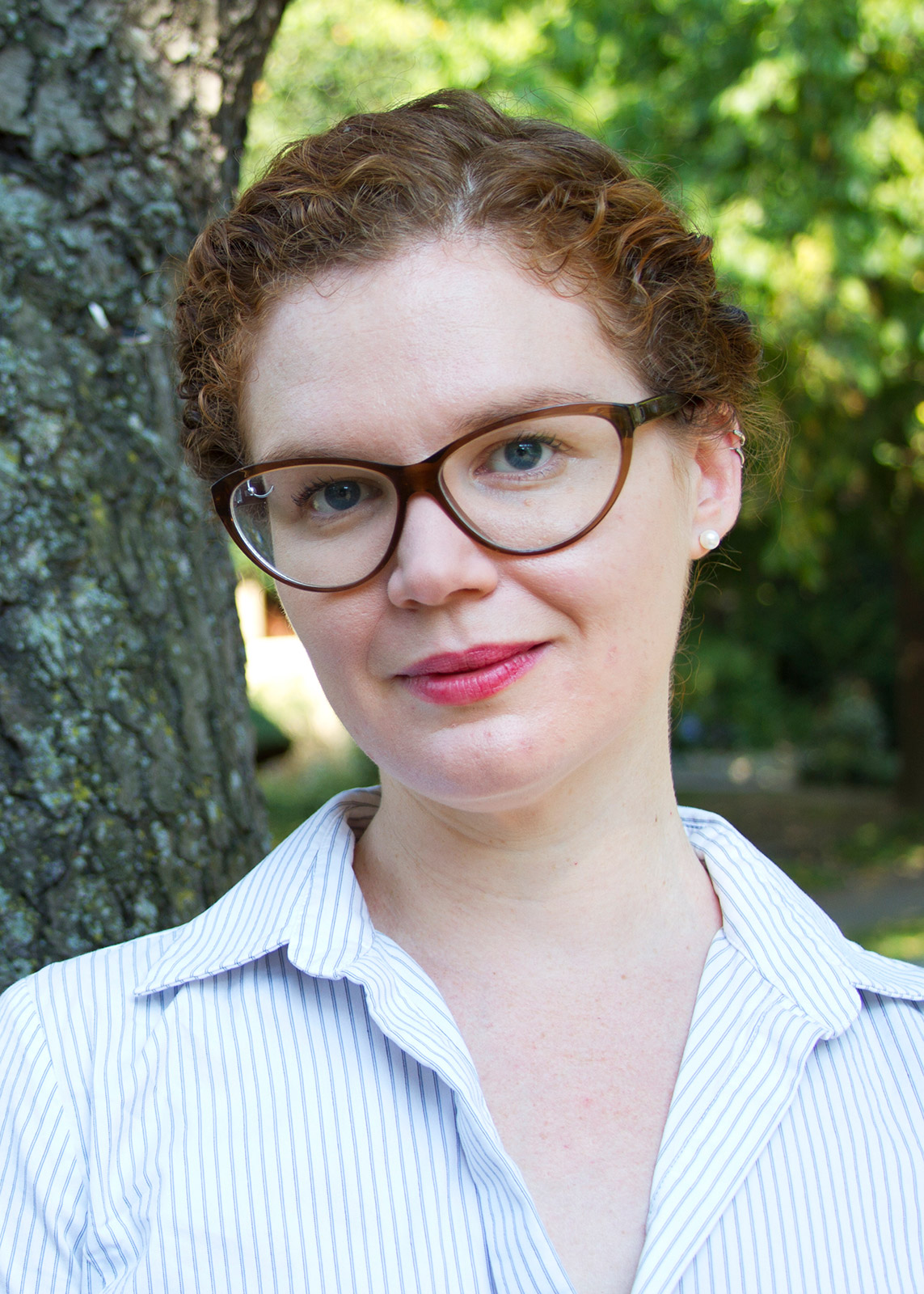
For “Musical Reinventions: Exploring the ‘Klezmer Revival’ in Europe,” Sarah Zarrow ’04 traced traditional Jewish musical roots and fresh branches through Italy and Eastern Europe. “I wanted to interview amateur musicians, people taking part in workshops, people at concerts, not just the major figures,” she says. Though cold-calling and interviewing strangers fell outside her comfort zone, she learned by doing. “The year of exploration made me incredibly self-reliant, and, to date, I think of myself as someone with no problem just landing in a new place and figuring things out.”
But her Watson experience was not without wrinkles. “I really felt overwhelmed by my year, and I didn’t know what to do with it, didn’t know how to fit it in to the rest of my life,” she admits. “But of course, all the skills I gained, and the connections I made, were enormously useful for my PhD research.”
Zarrow earned her PhD in Jewish history at NYU and is now a professor at Western Washington University, where she often draws on her Watson research. “I find that I use a lot of material—both stories and photographs, souvenirs, etc.—in my teaching. So it’s coming together, but only after quite a number of years.”
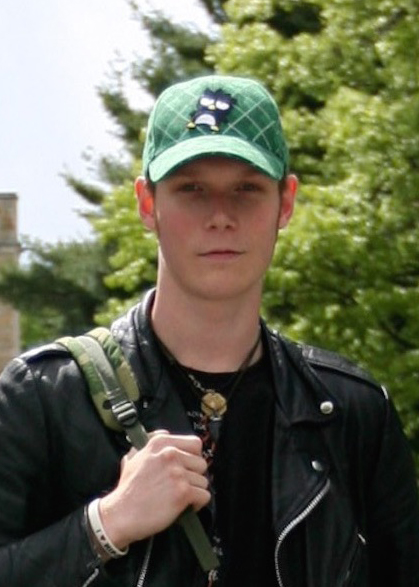
If Zarrow and Vogelaar’s Watson years set them on their career paths, Dane Roth ’08 discovered the value of stepping away from set paths. A self-described “Type A high achiever” who triple-majored in Political Science, Asian Studies, and Chinese, Roth says classmates “used to make fun of me. I’d be standing on a keg line with Chinese flashcards.”
Interest in graffiti culture had been stoked by break-dancer TC Weaver, a Vassar employee and founding member of Vassar’s Hip Hop 101 club, Roth says, “I was drawn to the notion of voice, of an underrepresented community finding voice and expression through graffiti.”
For his Watson project—”Characters on the Wall: Graffiti, the Search for a Political Voice”—he set out to find Chinese equivalents. But, he says, “every assumption I had was turned on its head.” The graffiti artists he met were “passionately into their art and craft, really technically skilled. They spent hours and hours training.” But he soon realized they were all from upper-crust families.
“If they weren’t, they wouldn’t have time to do graffiti art. They’d be helping their family in a shop; they couldn’t afford spray paint,” Roth says. “Once I was there, on the ground with the economic realities, it all went poof.” Was he disappointed? No.
“I loved it. I loved it,” he says. “To me, it opened the world up so much more. You can’t sit back and observe from a distance to understand the world.”
Relinquishing preset expectations transformed his life. After his Watson year, Roth worked on an organic farm, studied martial arts, and backpacked through southern Africa. After a three-day solo hike in Mozambique, he learned he’d crossed one of the world’s most heavily landmined beaches. “It’s a miracle I wasn’t blown up,” he says. He pursued a master’s in War Studies from King’s College, London, then worked for the Nobel-winning International Campaign to Ban Landmines.
Now living in San Francisco, Roth is launching a tech startup. He still seeks ways to repay his Watson experience, and asks himself, “What can I do now to help others, to pay it forward? We need more of that in the world.”
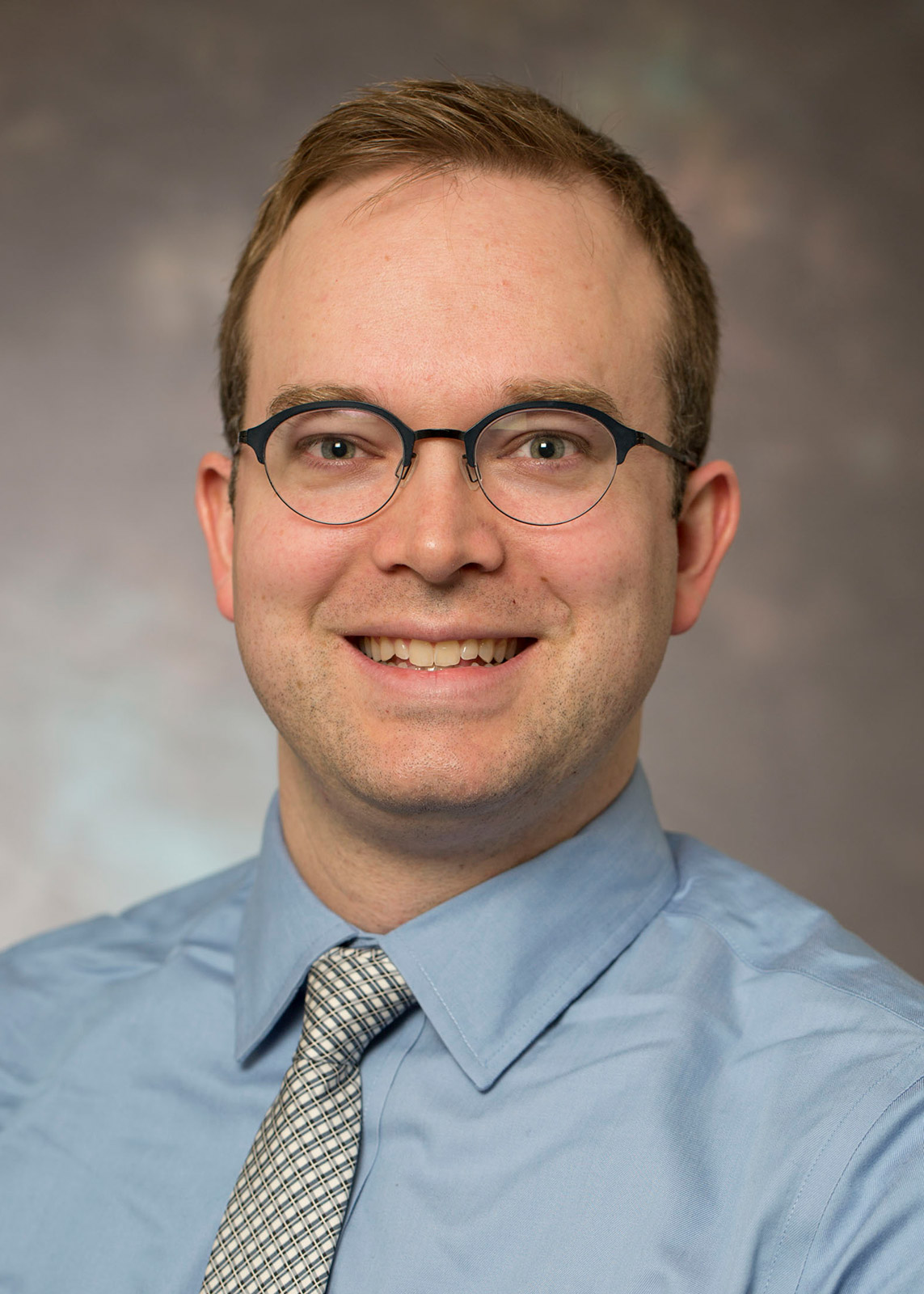
James Dodington ’05 would surely agree. An Assistant Professor of Pediatrics at Yale School of Medicine and an attending physician at Yale-New Haven Children’s Hospital, he’s active with several community violence intervention programs. His Watson project, “The Social and Environmental Aspects of HIV/AIDS and Their Impact on Pediatric Populations,” took him through sub-Saharan Africa.
In Botswana, he worked with Grassroot Soccer, a soccer-themed HIV/AIDS youth education program co-founded by professional athlete, Survivor: Africa winner, and Vassar alum Ethan Zohn ’96. For Dodington, a competitive swimmer at Vassar, using sports as a universal language was a perfect fit.
In South Africa, he worked at a wilderness camp for children with HIV/AIDS, affiliated with Paul Newman’s Hole in the Wall Gang Camp, where he’d held summer jobs while at Vassar. He says travels in Africa “grounded my outlook on serving and working. That’s the glue, that experience of community-based work.”
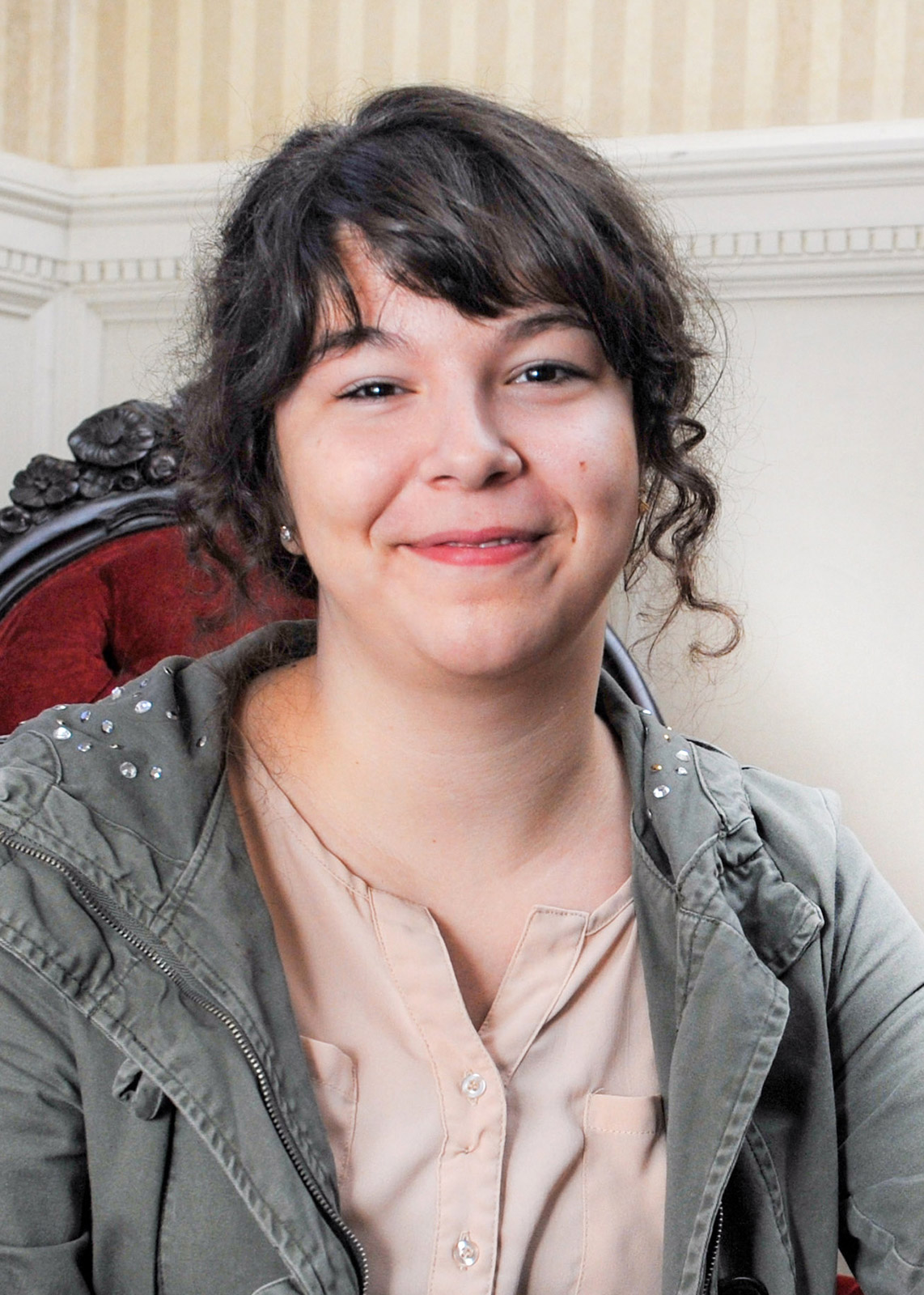
Jelena Borak ’15 returned from her intercontinental project “Peace of Mind Through Storytelling” with a new superpower. “Because I was constantly on the move, I developed an odd skill: the ability to build solid relationships/connections with near-strangers in the span of an hour,” she says. “As the months went on, I found myself becoming this completely open book. Not even an open book—an audiobook. I would talk with whoever would listen, from a group of curious young monks in Luang Prabang to a tour guide in Belfast. My Watson year turned me into an over-sharer.”
Like many recent fellows, she came home with more questions than answers. Though she’d planned to dive into a creative writing MFA program, “I didn’t expect those 12 months to impact me so intensely,” she admits. In the time since her return, she’s tutored, worked with refugees in Idaho and for nonprofit First Book in DC, been a Seeds of Peace counselor, researched graduate programs in peace education, and applied for a Fulbright in Taiwan.
Wherever she goes next, Borak will have stories to tell. Most important, she’s learned how to listen. “I trust my instincts, am a little more fearless and a lot more curious.”
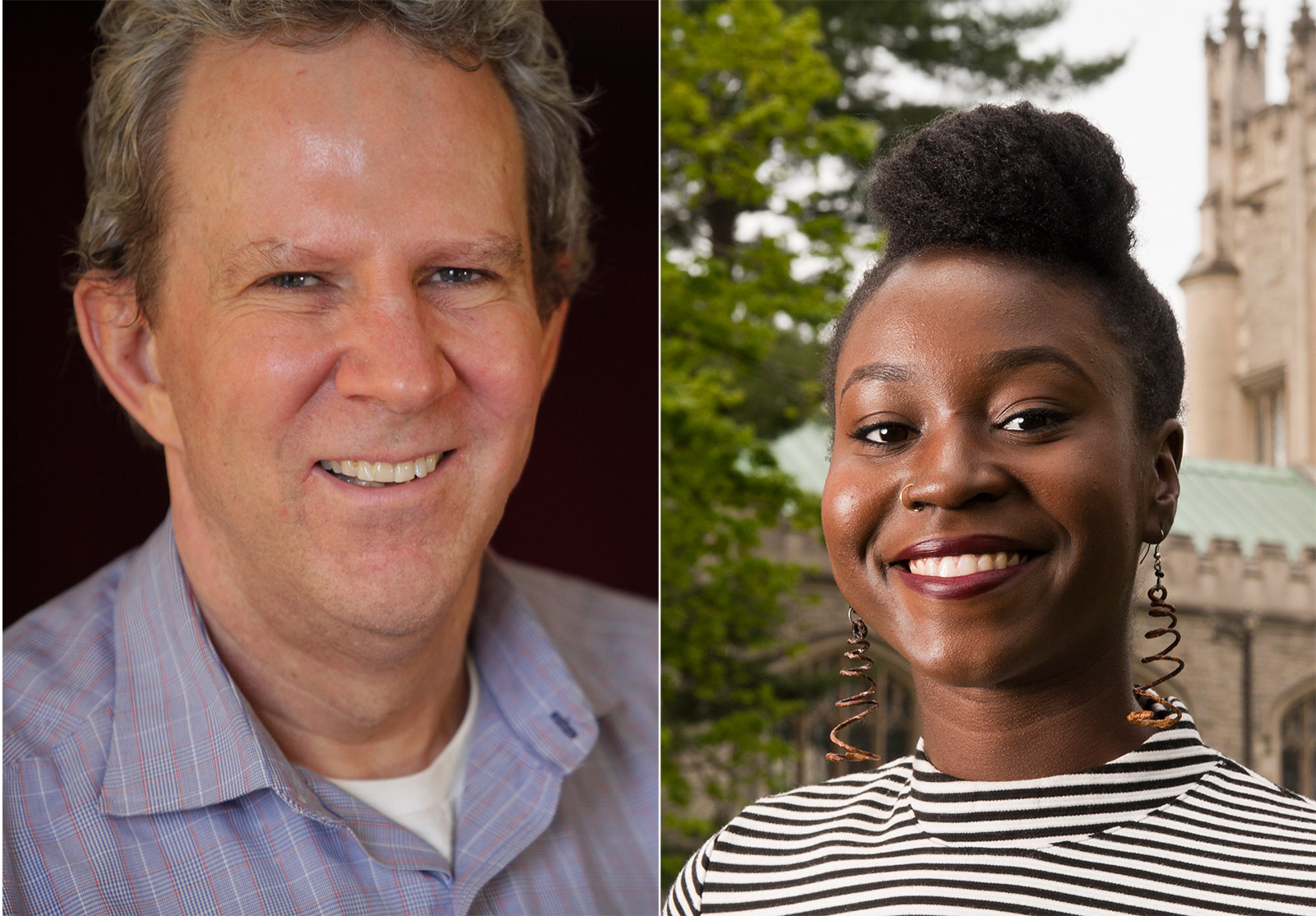
Vassar College Professor of Geography Brian J. Godfrey is also a Watson fellow, as is colleague Joe Nevins. After graduating from Pomona College in 1974, Godfrey researched Brazil’s “Wild West” boomtowns, just after the Trans-Amazonian Highway opened new tracts of land for development, with mass deforestation and displacement of indigenous peoples. In a pre-Internet, pre-cell phone era, he was truly cut loose, with only occasional postcards home. “I’ve been able to do a lot of things because of that experience,” he reports. “In teaching, you use everything you ever learned.”
Godfrey’s students included Asia Alman ’17, one of two recent Watson Fellows. Her project “Transgressing Borders: The Speaking Power of Black Immigrant Women” is taking her to Brazil, China, the Caribbean, and the UK. (Her classmate Julie Byrnes ‘17 visited Ghana, the UK, India, and Japan, exploring narrative medicine.)
Lisa Kooperman says, “I’m really blessed to be able to work with these folks and help them pursue these very ambitious and wide-ranging projects.” She observes that Watson creates “the kind of change that plays out through a lifetime, a global connection to humankind. They’re all very generous people. So many strangers have helped them along the way, finding places to stay and making connections. They’re all very grateful; they want to give back.”
She always includes a Watson alum on Vassar’s selection committee; this year, it’s Dodington. “I struggle to explain what a Watson is; I think most of us do,” he says. “But the most important piece is that the people and project create you.”
Roth echoes his words. “It’s an amazing fellowship, and I’m so glad I had that opportunity. Who knows who I would have been without it?”
Happy birthday, dear Watson.
Read about the latest round of Vassar Watson Scholars in the Fall 2017 issue of the Vassar Quarterly.